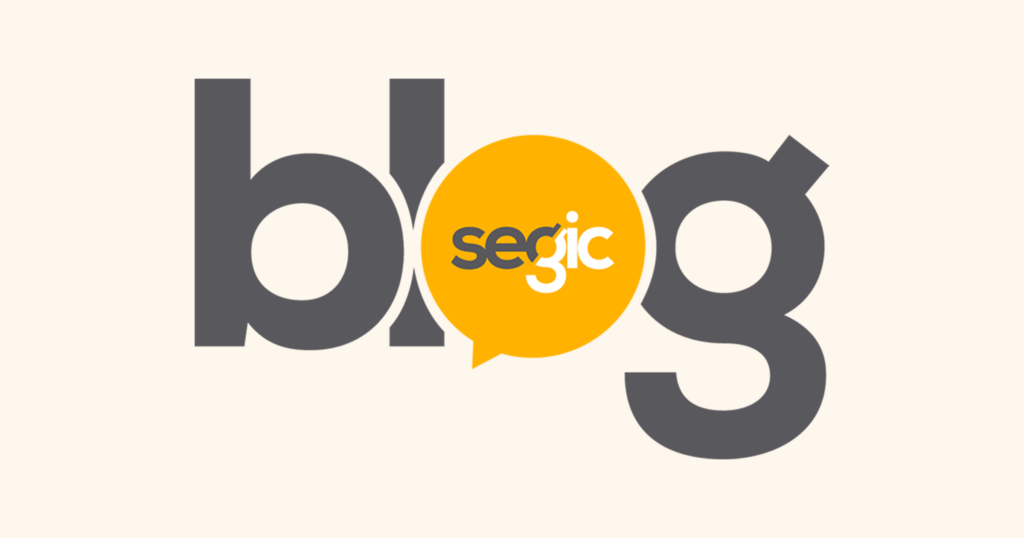Voluntary and individual benefits are two types of employee benefits that are offered and administered in different ways.
Voluntary benefits are offered by the employer but paid entirely by the employees. They are typically offered as an option for employees to purchase and can include additional life insurance, short-term disability insurance, and other types of coverage. Voluntary benefits are usually offered via payroll deduction and are often cheaper than if the employee purchased the same coverage on their own.
Individual benefits, on the other hand, go beyond the standard corporate offer. They include nontraditional benefits that focus on personal and individual needs, like wellness programs, financial health services, virtual health services, group discounts on personal insurance (house, car, pet), stock options, and so on.
Individual benefits are offered by the employer and must be purchased by the employee individually. They may also include supplemental health insurance, dental insurance, and other types of coverage. Individual benefits are typically not offered through payroll deductions, although it is possible. However, if an employee leaves the employer, they do keep any individual benefits they may have purchased.
To summarize: voluntary and individual benefits are provided by the employer but paid by the employee, while individual benefits provide a broader range of personal benefits that employees can take advantage of even once they leave the company.


